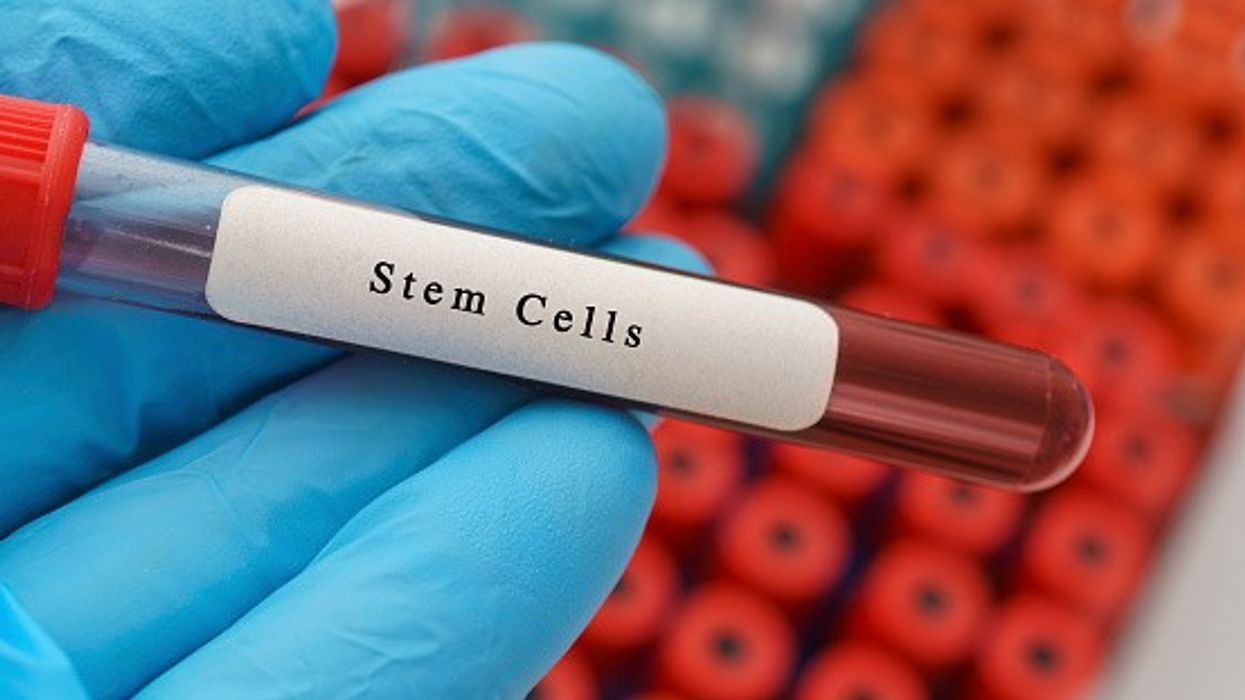This new model, which mimics human bone marrow, could offer a novel approach to testing drugs and techniques for treating blood disorders like sickle cell disease and blood cancers
Scientists from the University of Glasgow have developed the first bioengineered bone marrow model capable of supporting long-term hematopoietic stem cells (LT-HSCs), essential for bone marrow transplants and in vitro studies.
This groundbreaking research, published in Nature Communications, replicates key aspects of the human bone marrow microenvironment, enabling the support and culture of these rare stem cells outside the human body.
LT-HSCs are crucial for bone marrow transplants as they can replenish blood cells after treatments for blood cancers. However, culturing these cells in the lab has been challenging as they quickly change or die once outside the body. Due to this limitation, scientists have to rely on non-human animal models to test drugs affecting blood cell production and targeting blood diseases such as leukaemias. These models often provide poor predictions of drug outcomes.
In the study, led by Dr. Hannah Donnelly, LT-HSCs were cultured out of the body by using specially engineered gels mimicking the bone marrow environment.
Dr Donnelly said: “LT-HSCs are notoriously difficult to culture outside the body yet hold enormous clinical value.”
“Here, we show that by using gels engineered to mimic the environment where they reside in the bone marrow, we can support and study these cells in the lab, ultimately harnessing their full clinical potential.”
The scientists showed that gene editing of LT-HSCs in these gels is feasible, potentially offering a new way to test new drugs and techniques for treating blood disorders such as sickle cell disease and blood cancers, thus reducing dependence on animal models.
Professor Matt Dalby, Director of Innovation, Engagement, and Enterprise at the School of Molecular Biosciences, University of Glasgow, highlighted the impact of their research on drug testing: “Currently used animal models are poor predictors of drug outcomes, and many of the blood disease treatments on offer – such as mRNA drugs and human-specific small molecules – don’t test well in animal models.
"By creating ambitious models of the bone marrow – which contain human cells and have the ability to mimic blood cell growth - we are thrilled to show for the first time that it is possible to test true human blood cells out with the human body, and the implications for accelerating therapies for diseases such as sickle cell disease and blood cancers gives us huge reason to be hopeful.”
Professor Manuel Salmeron Sanchez, Chair of Biomedical Engineering and Head of the School of Engineering, added that the use of this new model, which mimics bone marrow will allow them to focus on the earliest stages of diseases, providing new understanding, screening methods, and drugs.
This research is part of a major investment in leukemia research in the UK, funded by the UKRI’s Engineering and Physical Sciences Research Council (EPSRC). Leukaemia kills over 300,000 people globally each year, but early diagnosis of the disease remains a challenge, which reduces the impact of treatments.
The study titled "Bioengineered niches that recreate physiological extracellular matrix organization to support long-term haematopoietic stem cells," provides hope for better understanding, diagnosis, and treatment of blood disorders and cancers.













